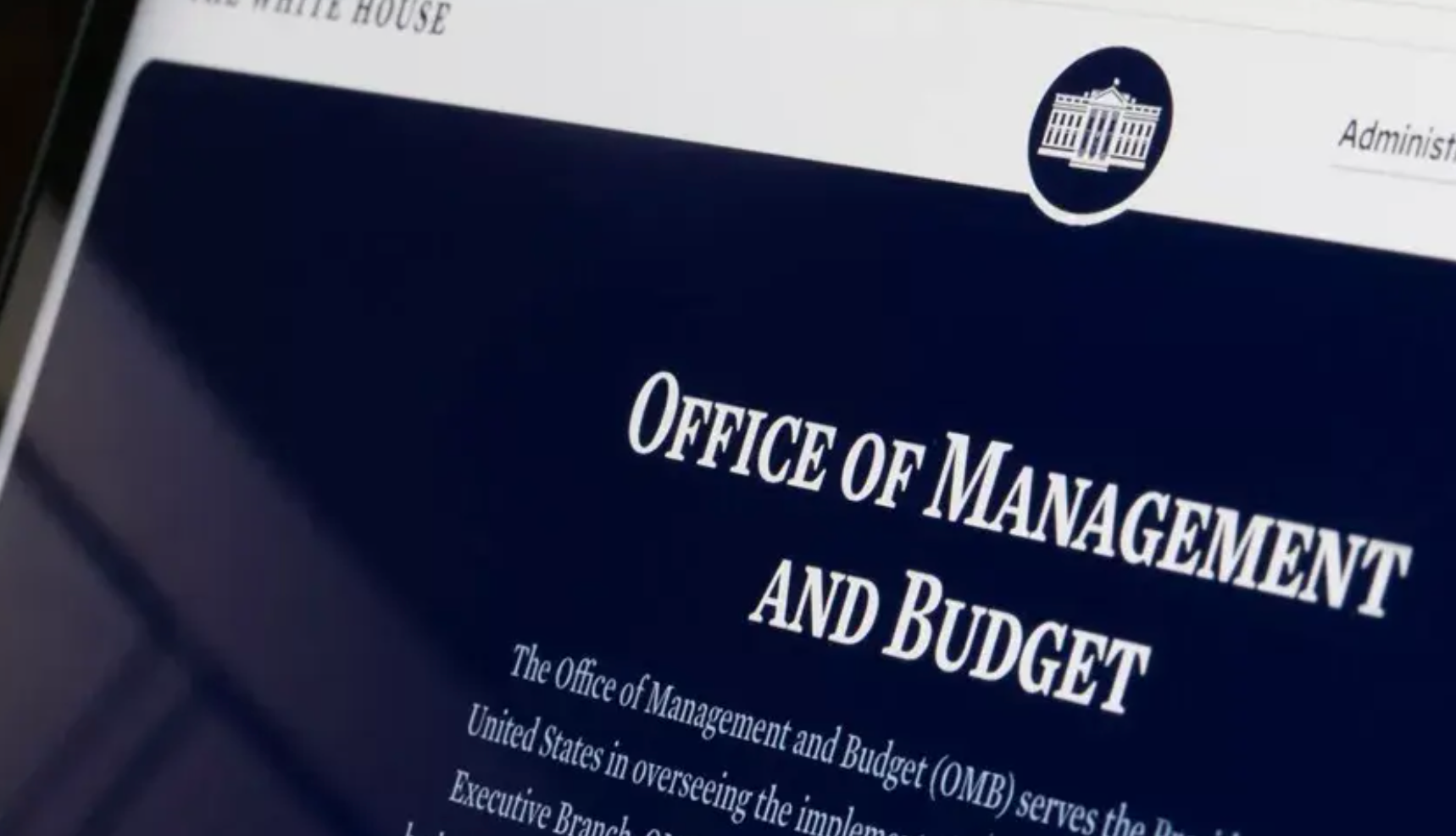JPMorgan Sued Over Cost of Generic Drugs in Health Plan
The defendants claim the company breached its ERISA fiduciary duty by putting business interests ahead of the plan and its participants.
Current and former participants in the JPMorganChase health insurance plan for employees have sued JPMorgan Chase & Co. and JPMorgan Chase Bank and company executives and committees, alleging breaches of fiduciary duties under the Employee Retirement Income Security Act for how they allege the company mismanaged its prescription drug benefit under its health insurance offering.
The case, Seth Stern et al. v. JPMorgan Chase & Co. et al., was filed Thursday in the U.S. District Court for the Southern District of New York. The plaintiffs are Seth Stern, Angela Bindner and Marianne Schmitt. Defendants include the company, the bank, its U.S. benefits executive, the company board’s compensation and management development committee, and Bernadette J. Branosky, Stephen B. Burke, Linda B. Bammann, Todd Combs and Virginia Rometty, all members of the board of directors.
JPMorgan could not be reached Friday for comment.
The complaint claims the defendants breached their fiduciary duties by “agreeing to grossly inflated prescription drug prices, costing the JPMorgan Plan and its participants/beneficiaries millions of dollars through higher payments for prescription drugs, higher premiums, higher out-of-pocket costs, higher costs, higher deductibles, higher coinsurance, higher copays and suppressed wages.”
The plaintiffs’ filing states that the defendants’ mismanagement led to the plan paying its pharmacy benefits manager—CVS Caremark, which is not a defendant in the case—too much for many generic drugs, which the complaint claims are widely available for less. In particular, the suit cites as an example the $6,229 price the plan’s participants paid for a 30-unit supply of the drug teriflunomide (the generic version of the drug Aubagio). The plaintiffs’ complaint states that the same supply of the same drug is available, without insurance, at retail and online pharmacies for prices between $32.96 and $11.05.
“No prudent fiduciary would agree or allow for its plan and participants/beneficiaries [to] pay a price that is more than two hundred times higher than the price available” at retail, the complaint states. The filing adds that the price disparities continue across all 366 generic drugs across the plan’s formulary.
The case was filed after the Federal Trade Commission, in January, issued a second report in as many years, finding that the three big U.S. PBMs have marked up drug prices.
The FTC issued its first interim report in July 2024 and, a few months later, filed an administrative lawsuit against the “big three” PBMs—Caremark Rx, Express Scripts and Optum Rx—and their affiliated group purchasing organizations.
Under the Consolidated Appropriations Act of 2021, plan sponsors are required to attest that the fees they pay for health care plans are fair and reasonable. As a result, it is important that plan sponsors apply a fiduciary process when evaluating their health plans, including pharmacy benefit managers, as well as remain aware of any pending litigation involving the providers.
The ERISA Industry Committee called on Congress last September to deem PBMs as fiduciaries under ERISA, as they play a significant role in negotiating prescription drug costs for plan sponsors managing health plans. Congress has not yet taken any action on the issue.
The suit against JPMorgan states that the company pays CVS Caremark about $3 million annually in administrative fees, in addition to the fees that Caremark collects for prescriptions.
The plaintiffs are seeking “appropriate” damages, to have the suit deemed a class action, and to have the defendants make the plan whole for all losses resulting from the claimed fiduciary breaches. They have also asked that an independent fiduciary be appointed to run the plan and that the PBM be replaced.
The plaintiffs are represented by the New York-based law firm Cohen Milstein Sellers & Toll and Washington, D.C.-based Fairmark Partners.
Original source: https://www.plansponsor.com/jpmorgan-sued-over-cost-of-generic-drugs-in-health-plan/
Reported by: Amy Resnick













